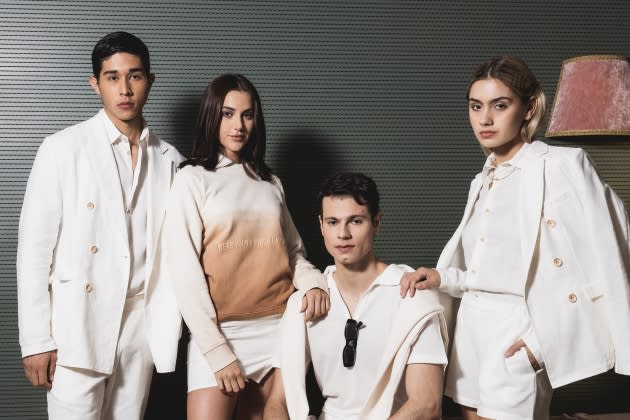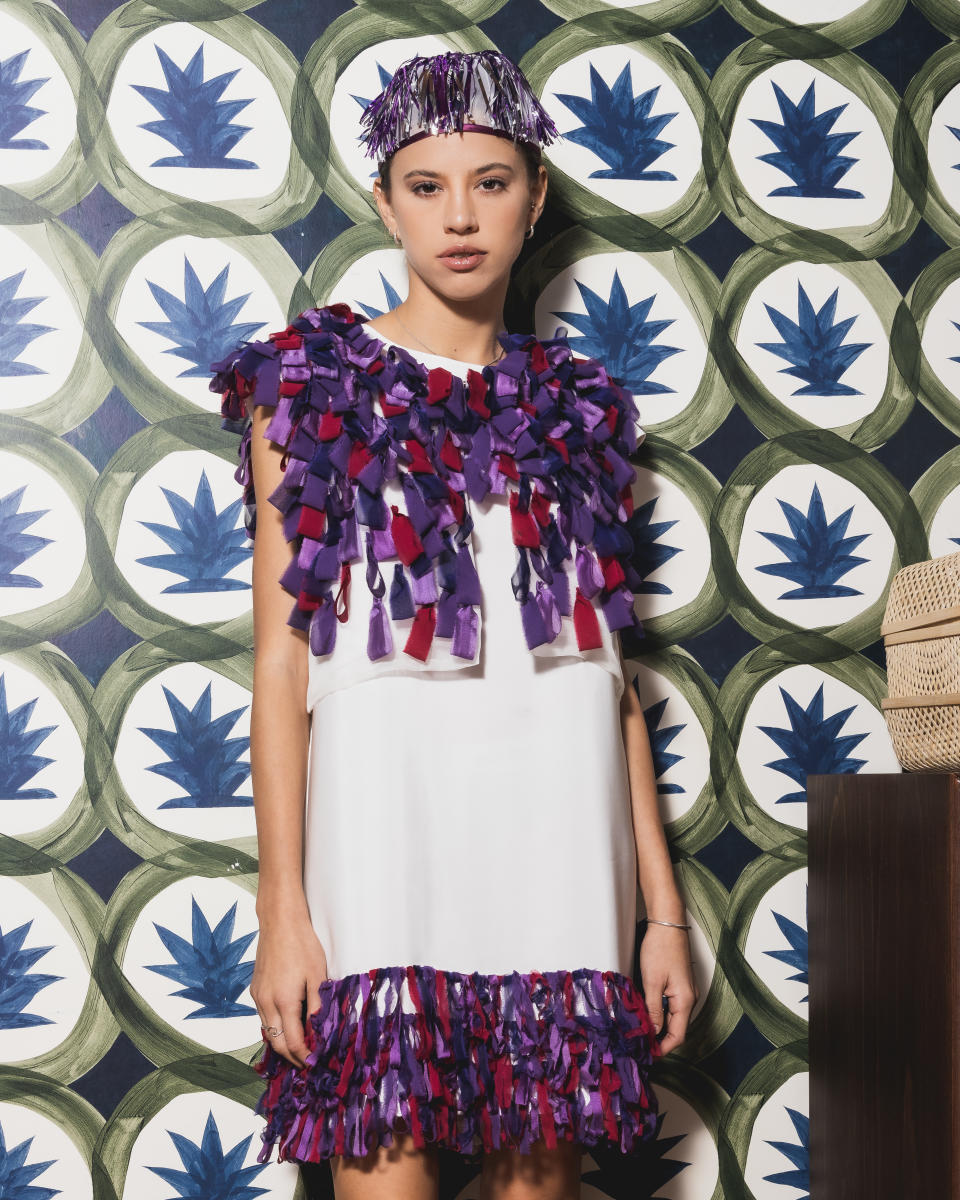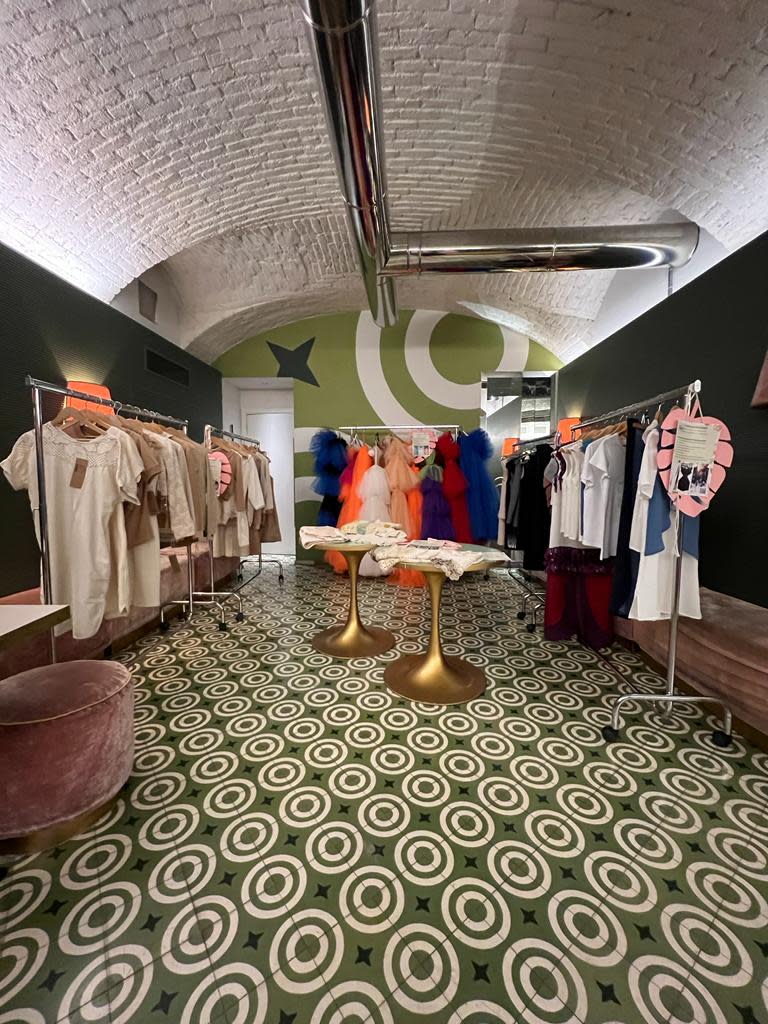From Food to Fashion, World Sustainability Organization Spotlights Eco-brands in Milan

MILAN — The World Sustainability Organization, or WSO, a certification entity originally targeting the food industry that expanded to fashion, is doing more than just bestowing its seal of approval on responsible companies.
During Milan Fashion Week, the organization, whose aim is to protect critical habitats and endangered species globally, mounted the Ethical and Sustainable Showroom, a presentation aimed at spotlighting international brands with eco-cred and fostering networking among them and with key fashion retailers, press and others.
More from WWD
“We don’t want to be like other certifications. You often get certified and then forgotten by these entities. On the contrary, we know how crucial networking is when it comes to pushing the sustainability bar higher,” said Paolo Bray, founder and director of WSO.
After testing the waters in February, Bray said the organization was encouraged to replicate the formula.
For spring 2023, it invited Camilla Viola Vaccari and The Barn’s Florenza Luciani from Italy; Natural Cotton Color, Raquel Grassi and Carolina Bortolini from Brazil; Indian-based Kazo; Colombian designer Paola Perdomo, and two Swiss companies, Zoë Klose and Chiquet Corporate Fashion, the latter a workwear provider.

Natural Cotton Color is already certified according to the Friend of the Earth seal, together with three additional labels, Dona Rufina and Crina from Brazil and Nigeria-based Esién, which took part in the February showcase.
WSO originally introduced the Friend of the Sea certification, recognized by Accredia, in 2008 for seafood products from sustainable fishing and aquaculture and later extended it to sunscreen lotions and supplements. The Milanese location for the event, Brazilian-Japanese restaurant chain Temakinho, boasts the certification.
In 2018, the WSO debuted the Friend of the Earth seal dedicated to sustainable agriculture and farming, which easily extended to brands outside the food industry, particularly fashion.
“We’ve also started to earmark part of our budget to awareness campaigns,” said Bray. “Anyone purchasing products we certify knows they are not only respectful of the environment and socially mindful, but they are also contributing to raising awareness on global issues.”
Although the certification’s primary target is natural fabrics, it did not turn a blind eye to synthetic ones, knowing, Bray explained, that “man-made fibers are oftentimes less impactful when it comes to manufacturing but come with more issues in handling and disposal.”
WSO typically endorses brands and companies it has already certified but made an exception for fashion.

Except for Brazilian Natural Cotton Color, which grows naturally colored cotton plants that help reduce water consumption by 87.5 percent, brands on show at the Ethical and Sustainable Showroom were not certified but only audited by a third and independent party. This proved that they are on a journey to improve their sustainability credentials, reducing their footprint and are committed to social welfare.
After the audit they are encouraged to take actions withing the following 12 months.

